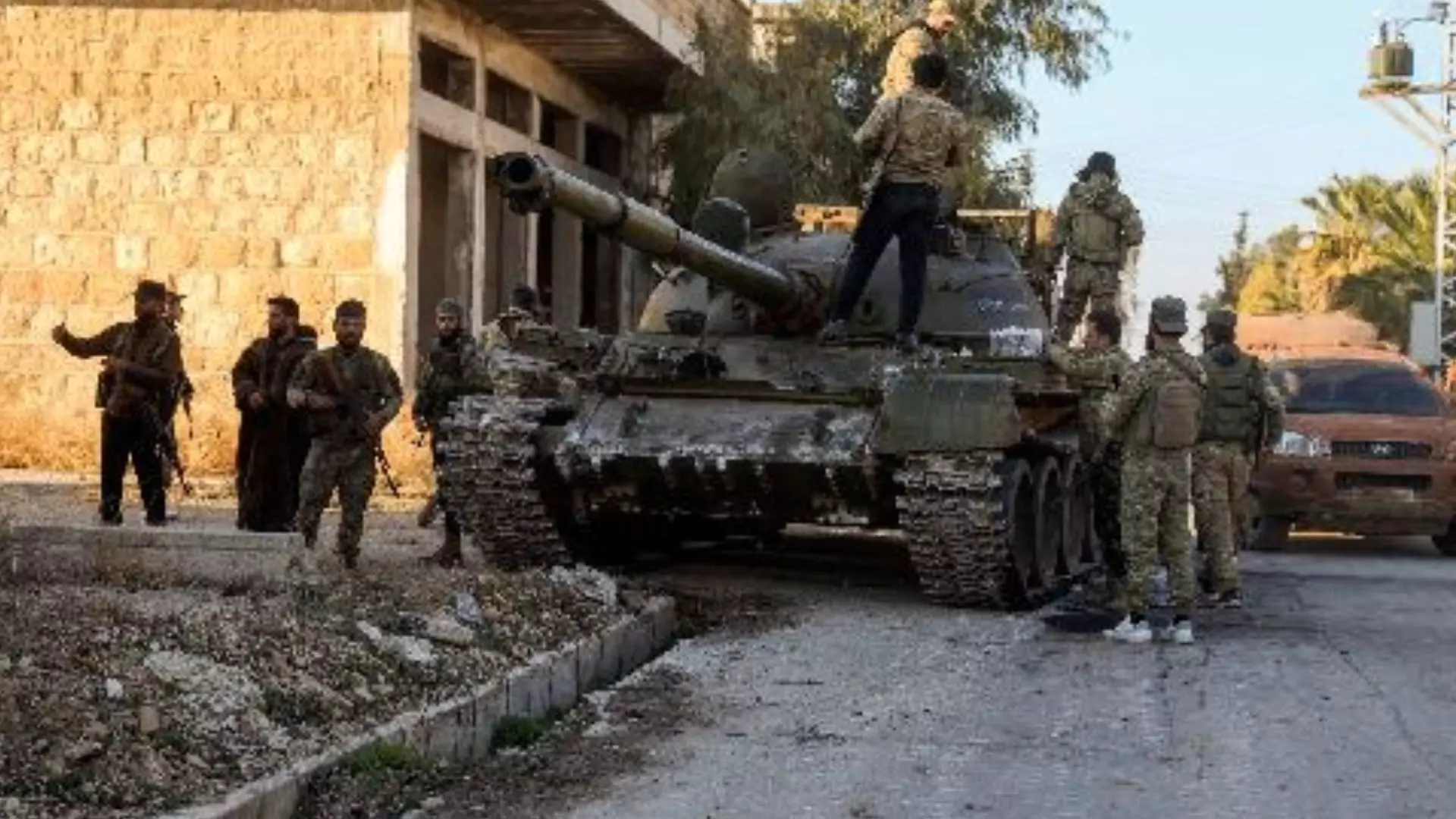The war in Syria took a dramatic turn this week as rebel forces, led by Hayat Tahrir al-Sham (HTS), announced the capture of Daraa, a southern city near Jordan. This marks the fourth major territorial gain by the rebels in just one week, signaling a major shift in the conflict that has ravaged Syria since 2011.
The rebel advance, which also includes the recent capture of Aleppo, Hama, and Homs, has significantly destabilized the region. Experts warn that the fall of Homs would sever the capital, Damascus, from the coastal regions that are home to President Bashar al-Assad’s Alawite sect and vital Russian military bases. The situation is rapidly spiraling out of control as heavy fighting continues, and tens of thousands of civilians are fleeing for safety.
MUST READ: South Korea President Yoon Apologizes For Martial Law Crisis In South Korea
This offensive is the largest of its kind since 2020, when the rebel forces were pushed into Syria’s northern regions. However, the renewed insurgency has caught many by surprise. In response to the escalating violence, Iran has started evacuating its citizens and officials from Syria, citing the worsening security situation. Russia, too, faces its own struggles with the ongoing war in Ukraine, while Hezbollah’s attention is diverted due to tensions with Israel.
As the fighting intensifies, Syrian state media reported that Russian-Syrian airstrikes killed at least 200 insurgents on Friday in Hama, Idlib, and Aleppo provinces. Despite these efforts, the tide appears to be turning in favor of the rebels, with a widening humanitarian crisis and rising casualties.
In light of the growing instability, India’s Ministry of External Affairs (MEA) has issued a travel advisory, urging all nationals to avoid travel to Syria. Those already in the country are advised to stay in contact with the Indian Embassy in Damascus for updates and guidance.
ALSO READ: What’s Fueling Syria’s Rekindled Civil War? | EXPLAINED





















